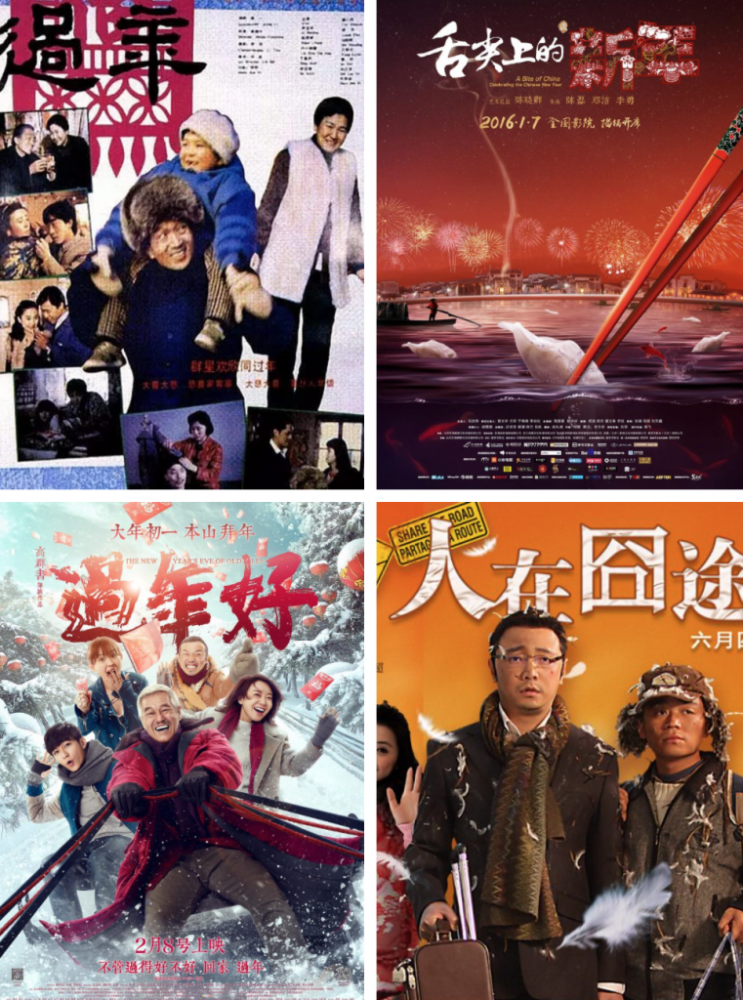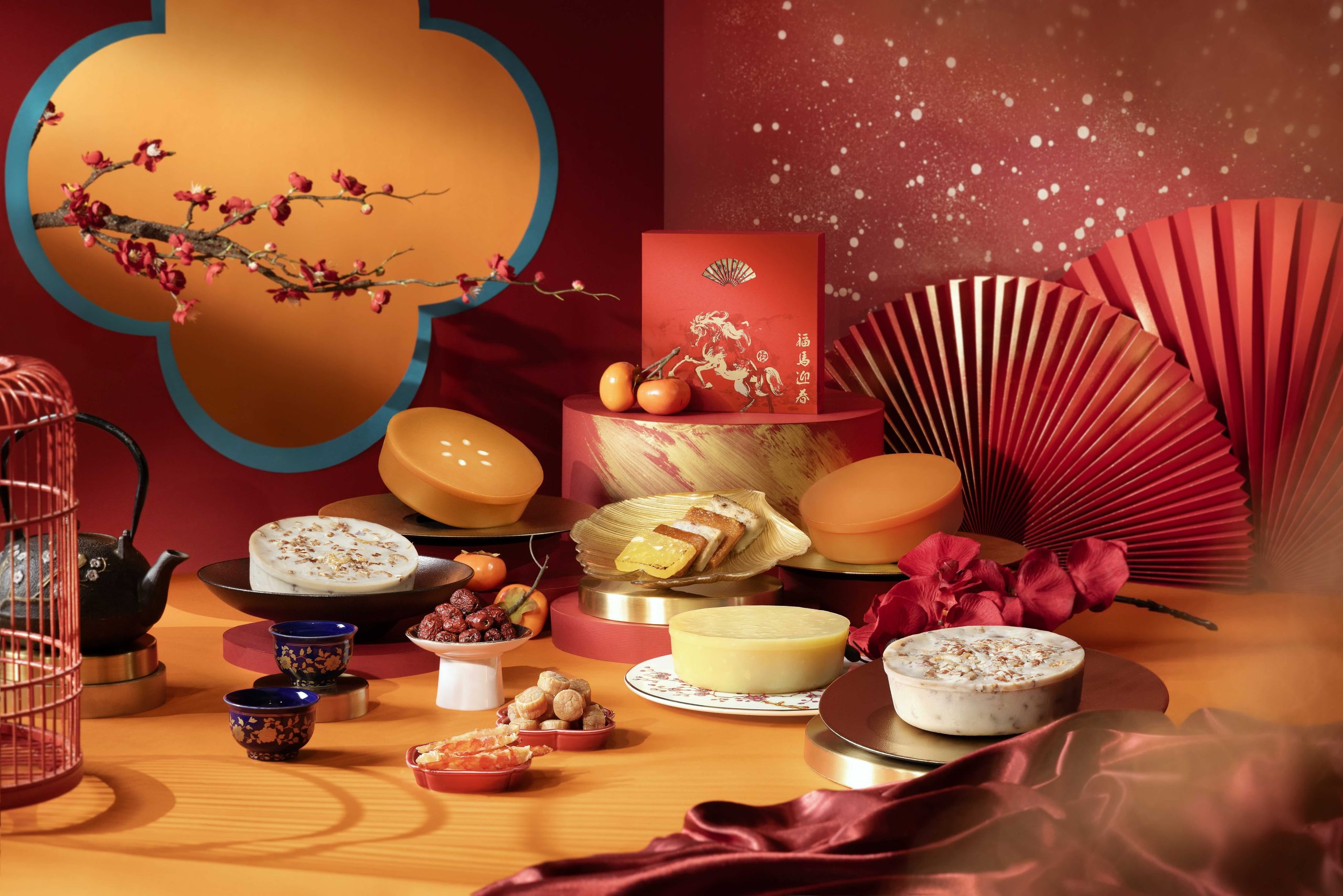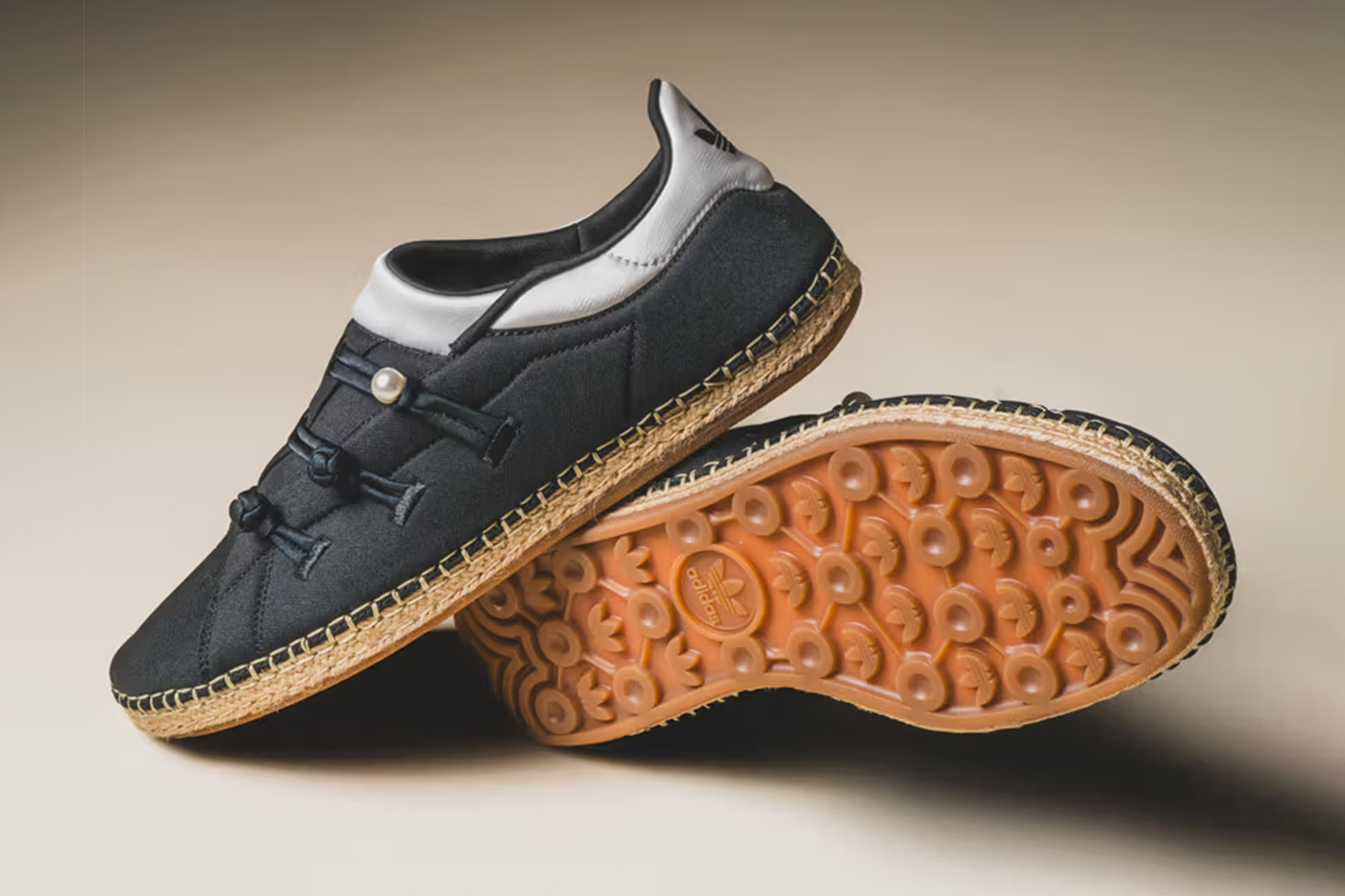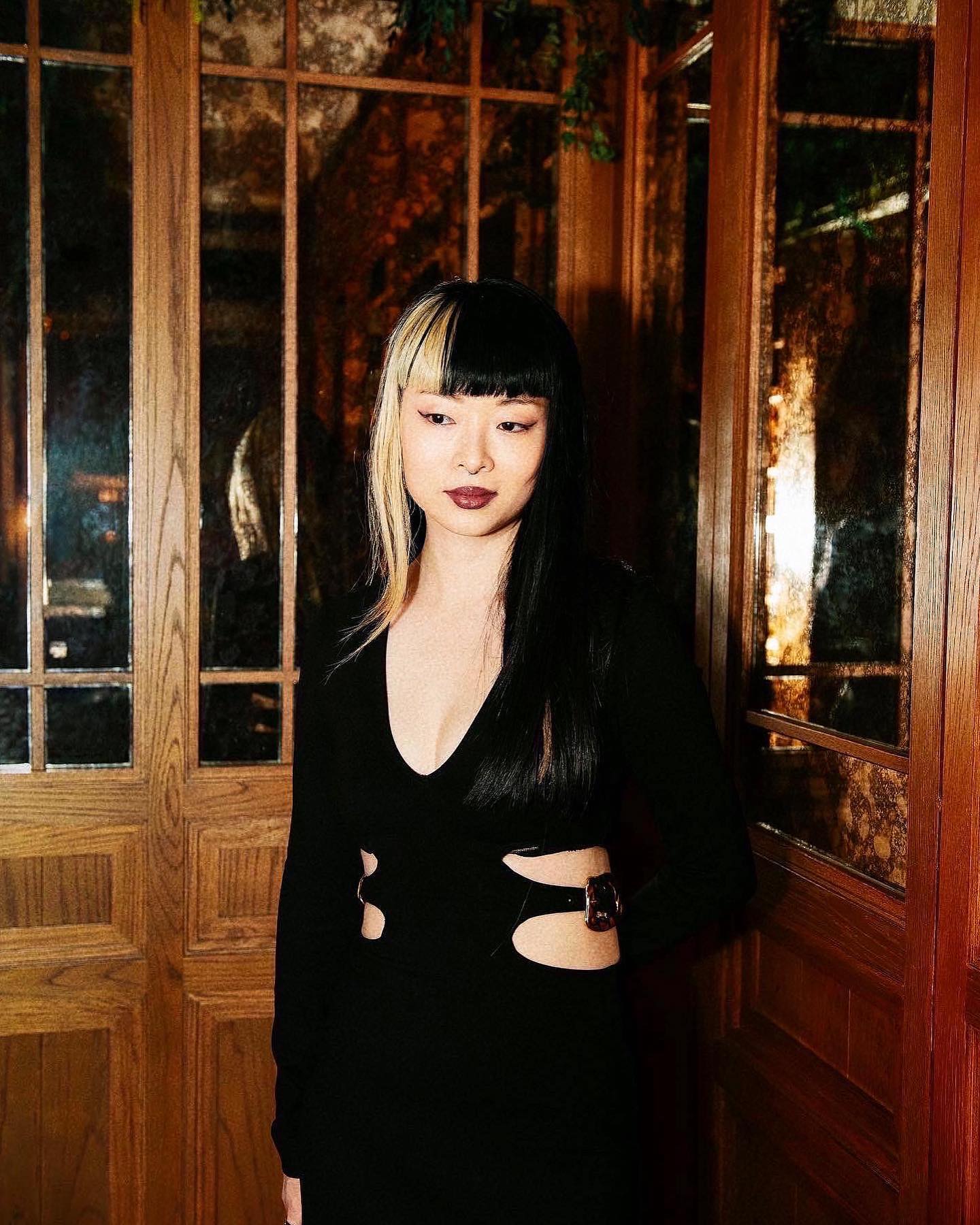
If you aren’t Chinese, your impression of Chinese New Year (or the Spring Festival, as it’s called in Mainland China) might focus on eating dumplings and getting red packets. In fact, people of each ethnic group and in each location of China have different ways of celebrating the holiday. Check out these four movies, each of which depict Chinese people celebrating the Spring Festival in different regions and time periods.
《过年》 (The Spring Festival) (1991)
A classic, The Spring Festival is set during the era of China’s reform and opening-up, and tells the story of the Cheng family on the first day of Chinese New Year. The father comes home on New Year’s Eve after spending almost the entire year working outside of his hometown, while the mother makes dumplings in the kitchen and waits for the children. On the first day of Chinese New Year, the sons and daughters come home one after another and sit together to have a big family reunion dinner, but the adults’ world is full of “social rules”. Conflicts appear at the table because of money and social status, and the meal eventually ends on a sour note. The Spring Festival reflects the folk life during the Spring Festival in rural China after China’s reform and opening-up period. With a rich sense of life and a distinct local flavour, it presents a real slice of life with which so many Chinese people can sympathise.
《舌尖上的新年》 (A Bite Of China: Celebrating The Chinese New Year)(2016)
From the sea-breeze-ravaged Wenling stone pond to the serene Suzhou garden, from the mountains and hills of Youyang to the antiquated traditions of ritual cults in Min’nan, and from the ancient city walls on the Loess Plateau to one of the last traditional villages in Hong Kong, the Bite of China production team traveled to 35 locations around the country and explored more than 60 kinds of traditional food in order to find the most attractive New Year dishes. The documentary frames the foods from the vast land of China into stories, and guides the audience to feel the flavour of the Chinese New Year as well as a full range of Chinese culture and customs.
《过年好》 (The New Year’s Eve of Old Lee) (2016)
The New Year’s Eve of Old Lee tells the story of a retired chemistry teacher who lives alone in a small town. After his daughter, who has been working in Beijing for 14 years, is told that her father is showing signs of Alzheimer’s disease, she and her daughter (who studied in the United States) return to the small town to visit her father. The conflict between traditional and new ways of thinking, as well as the clash of Chinese and foreign cultures, is also apparent. This movie uses a very tiny portal – a family – to reveal the changes in social ethics and the clashes of various cultures. It not only helps the audience feel the vibe of traditional Chinese New Year, but also lets the audience rediscover the meaning behind family love and culture.
《人在囧途》 (Lost on Journey) (2010)
Chunyun, also referred to as the Spring Festival travel season, is a peak period of travel in China around the time of the New Year – and pretty much every person in China who works outside their hometown will experience this chaos. Lost on Journey, the 2010 Chinese comedy directed by Raymond Yip and starring well-known actors Xu Zheng and Wang Baoqiang, depicts an amusing yet realistic portrayal of the issues prevalent in Chinese society, especially during the chaotic Chunyun, when everyone wants to reunite with their family for the Chinese New Year celebrations.






